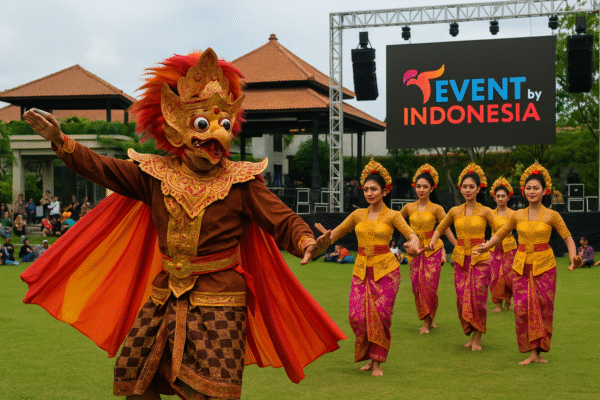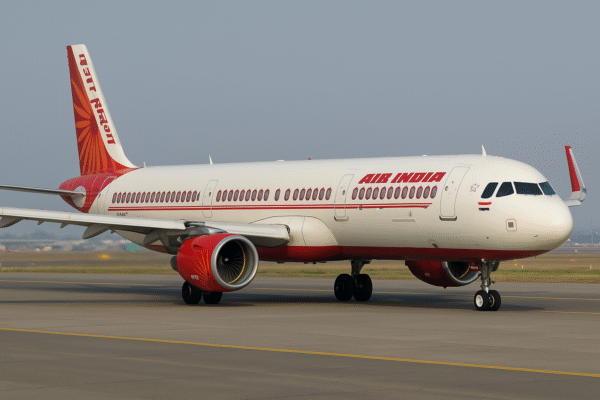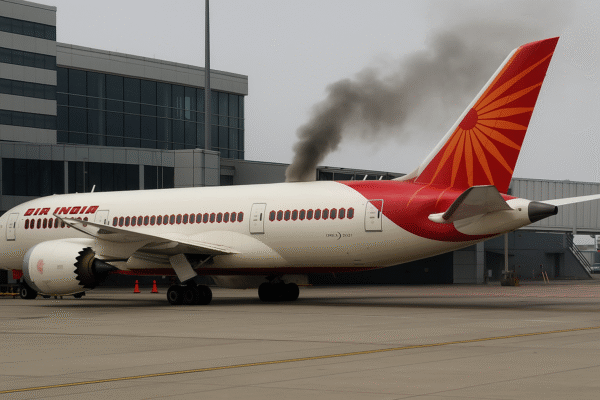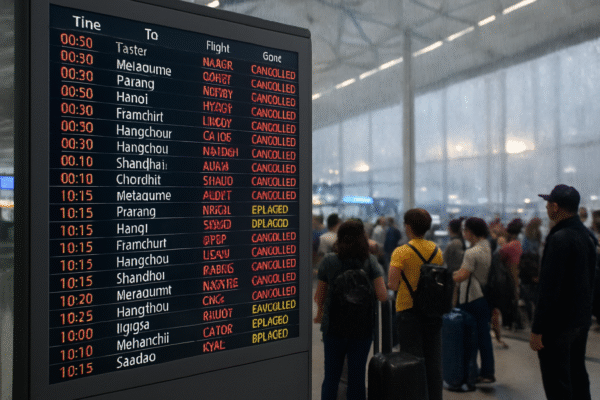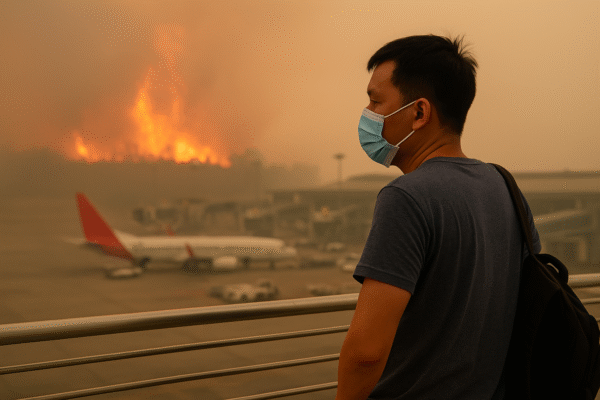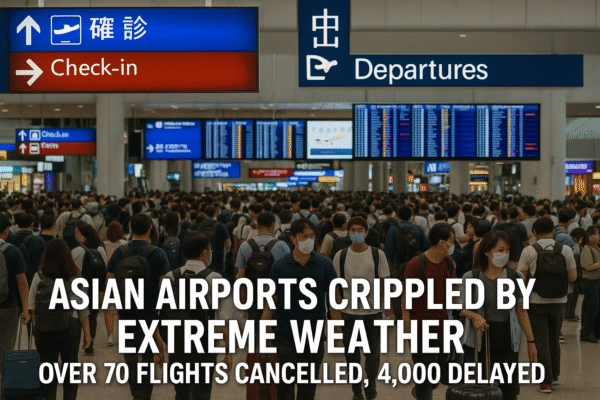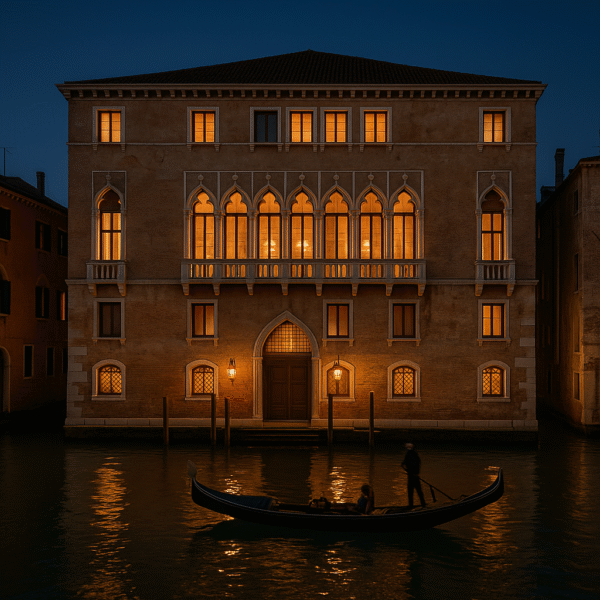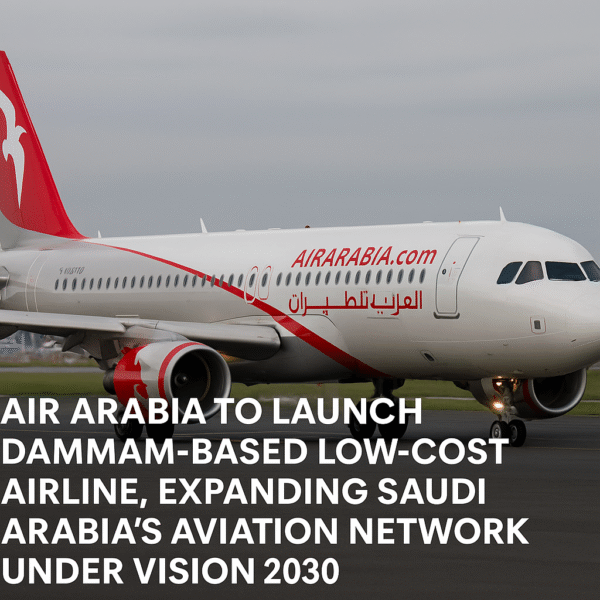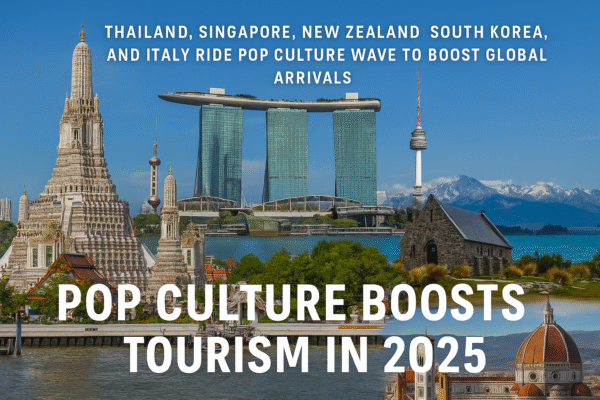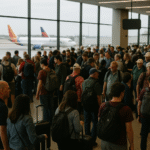In a powerful pivot toward digital storytelling and cultural synergy, countries like Thailand, Singapore, New Zealand, South Korea, and Italy are redefining global tourism in 2025 through the lens of pop culture. Music videos, streaming shows, gaming platforms, and social media influencers are now more powerful than traditional advertising — creating deep emotional connections that spark wanderlust and drive international bookings.
Bangkok and Singapore: K-pop Drives Travel Demand
When global K-pop sensations BTS and J-Hope visited Singapore earlier this year, the impact rippled beyond the stage. Jin’s solo release, “Don’t Say You Love Me,” filmed in scenic corners of Singapore’s heritage districts and lush rooftops, fueled a dramatic increase in interest from young international travelers. Meanwhile, J-Hope’s viral Instagram reel, featuring the Botanic Gardens and Alkaff Bridge, crossed 30 million views by June, reshaping Singapore’s global image from clean and orderly to vibrant and culturally nuanced.
Singapore Tourism Board acted quickly — promoting food trails inspired by BTS’s favorite haunts, developing behind-the-scenes tour itineraries, and partnering with influencers to spotlight lesser-known cultural districts. Likewise, Bangkok’s youthful vibe, thriving co-working spaces, and family-friendly entertainment ecosystem made it a haven for “pop culture nomads.” Fans visiting the two cities increasingly seek authentic experiences tied to digital narratives.
Koh Samui’s “White Lotus Effect”
The Thai island of Koh Samui, alongside Phuket and Bangkok, served as the tropical stage for Season 3 of HBO’s hit series The White Lotus. Rather than watching from afar, global viewers are now flocking to the show’s real-life locations — and local tourism is reaping the rewards.
Thailand’s Ministry of Tourism and Sports launched interactive microsites and “Lotus Awakening Escape” luxury packages across the featured Anantara resorts. According to Tourism Authority of Thailand (TAT), footfall to these destinations surged 25–30% in the first half of 2025 alone. Boat tours to Mu Ko Ang Thong Marine Park — frequently showcased in the series — saw double the bookings, while local guesthouses reported longer average stays and increased cultural engagement.
In response, Thailand’s hospitality sector is rolling out new training programs for staff to capitalize on cinematic tourism, enhancing storytelling around locations and encouraging longer itineraries that integrate island history, cuisine, and sustainable experiences.
New Zealand’s Minecraft Campaign Goes Global
Further south, Tourism New Zealand has joined forces with Mojang and Warner Bros. to integrate its landscapes into the Minecraft universe — a first for global tourism. Six iconic destinations including Rotorua, Waitomo Caves, Abel Tasman National Park, and Tekapo have been digitally rendered in a downloadable Minecraft pack, complete with Māori storytelling elements.
The result? A staggering NZ$50 million in direct travel bookings has been traced back to the campaign, along with a wave of new family and educational travel segments. Parents are now booking glowworm cave tours and stargazing excursions at Aoraki Mackenzie because “their kids saw it in Minecraft.”
Tourism New Zealand’s Chief Executive René de Monchy called the initiative “a revolutionary way to turn virtual curiosity into physical connection,” emphasizing that the country’s focus on conservation was built into both the digital campaign and real-life visitor guidelines.
South Korea and Italy: Concerts, Collaborations, and Cultural Synergy
South Korea continues to be the powerhouse of pop culture tourism. With K-drama locations, music studio tours, and fan-driven street art installations across Seoul, the country remains a pilgrimage site for millions of global fans. According to the Korea Tourism Organization (KTO), more than 65% of tourists aged 18–35 cited pop culture as a primary reason for travel.
Italy, meanwhile, is using high fashion, opera, and cinema — from Call Me By Your Name filming sites in Lombardy to Andrea Bocelli’s summer concerts in Tuscany — to position itself at the intersection of heritage and emotion. The Italian National Tourist Board is now investing in influencer collaborations and immersive travel experiences that connect screen-inspired curiosity with UNESCO sites and lesser-known villages.
Macau, Singapore, and Southeast Asia: Music Tourism as Economic Driver
Macau’s post-pandemic rebound has been fuelled by a packed concert schedule. In 2023 alone, international performances generated over US$137 million in ticket revenue and spurred tourism recovery. Singapore and Thailand are replicating this model by partnering with acts like Coldplay and Charlie Puth to design tourism packages aligned with show dates — including behind-the-scenes location tours, themed food experiences, and fan meetups at cultural venues.
Pop culture’s gravitational pull is also helping spread tourism benefits to lesser-known districts and secondary cities — easing the burden on overcrowded hubs like Orchard Road and Patong Beach, and supporting community-led tourism in emerging neighborhoods.
Challenges and Governance in Pop Culture Tourism
Despite the economic benefits, authorities are taking proactive measures to manage this wave responsibly. Singapore and Thailand have updated regulations on influencer content, environmental controls, and fair employment practices in entertainment-related sectors. In New Zealand, conservation authorities worked closely with Minecraft developers to ensure digital exposure did not translate into environmental degradation in real-life locations.
The Future of Pop Culture-Driven Tourism
As Sitara, a 28-year-old Australian tourist, explained over coffee in Bangkok: “It’s not just about seeing the places — it’s about living a moment you once felt on screen.” That desire to emotionally connect with a narrative is fueling new tourism strategies that rely less on brochures and more on storytelling.
In 2025 and beyond, destinations that can channel pop culture into purposeful, inclusive, and sustainable experiences will emerge as leaders in a highly competitive global travel market. Whether through a BTS music video, a Minecraft expedition, or an HBO series, today’s traveler is motivated by meaning — and countries that help people live out those stories will continue to thrive.
For more travel news like this, keep reading Global Travel Wire

